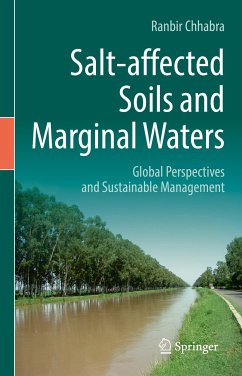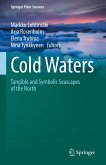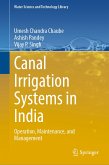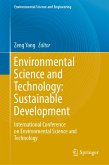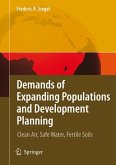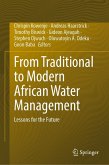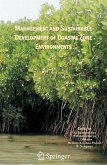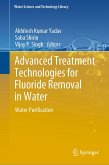This book presents systematic scientific appraisal, classification, genesis and viable technologies for reclamation and management of salt-affected soils and marginal quality waters across India and several other countries. Nature, solubility and geo-chemical mobility of salts have been provided as basis for the development of alkali and saline soils and groundwaters under specific agro-hydro-ecological regions. Chemical amendment (gypsum) based reclamation technology of alkali soils and related pre and post-reclamation water, nutrient and crop management interventions, including re-sodification issues have been comprehensively addressed. Features and operational guidelines of surface, subsurface, vertical and bio-drainage systems have been thoroughly discussed; likewise, amelioration of irrigation induced saline soils in inland and coastal regions and preventive measures for control of salinity and waterlogging along with environmental trade-offs. Practical approaches for amelioration and judicious use of saline, alkali, high SAR- saline and waste waters have been synthesized for different cropping and agro- forestry systems. Emerging issues on use of industrial by-products as amendments for alkali soils, physiological aspects of salt resistance, anatomical and biochemical mechanism of submergence tolerance, specific ion effects of poor quality waters, crop diversification, groundwater recharge, rejuvenation of tsunami affected coastal soils, safety against occurrence of poisonous gas in tube well pits, paddy straw burning and others have been adequately deliberated upon.
Combining scientific principles with field experiences, the book is expected to serve as a useful knowledge base for research workers, teachers and students of soil science, agronomy, plant breeding, forestry, irrigation engineering, extension workers, environmentalists and planners associated with reclamation and management of salt affected soils and waters on sustainable basis in developing and developed countries.
Combining scientific principles with field experiences, the book is expected to serve as a useful knowledge base for research workers, teachers and students of soil science, agronomy, plant breeding, forestry, irrigation engineering, extension workers, environmentalists and planners associated with reclamation and management of salt affected soils and waters on sustainable basis in developing and developed countries.
Dieser Download kann aus rechtlichen Gründen nur mit Rechnungsadresse in A, B, BG, CY, CZ, D, DK, EW, E, FIN, F, GR, HR, H, IRL, I, LT, L, LR, M, NL, PL, P, R, S, SLO, SK ausgeliefert werden.
Es gelten unsere Allgemeinen Geschäftsbedingungen: www.buecher.de/agb
Impressum
www.buecher.de ist ein Internetauftritt der buecher.de internetstores GmbH
Geschäftsführung: Monica Sawhney | Roland Kölbl | Günter Hilger
Sitz der Gesellschaft: Batheyer Straße 115 - 117, 58099 Hagen
Postanschrift: Bürgermeister-Wegele-Str. 12, 86167 Augsburg
Amtsgericht Hagen HRB 13257
Steuernummer: 321/5800/1497
USt-IdNr: DE450055826
Bitte wählen Sie Ihr Anliegen aus.
Rechnungen
Retourenschein anfordern
Bestellstatus
Storno

